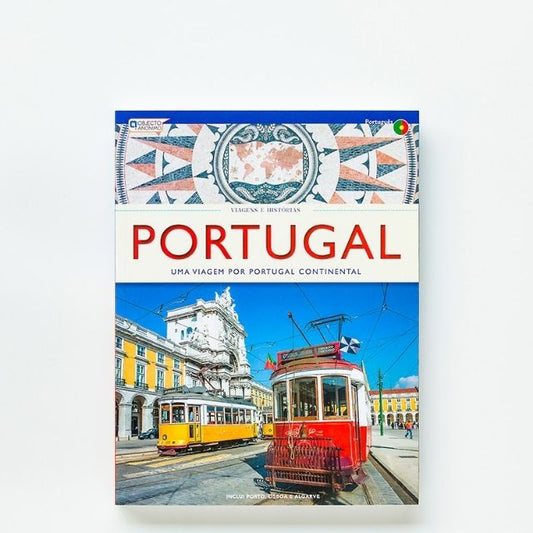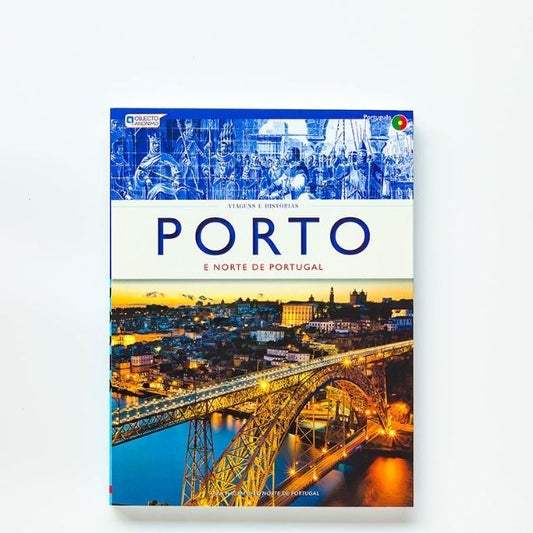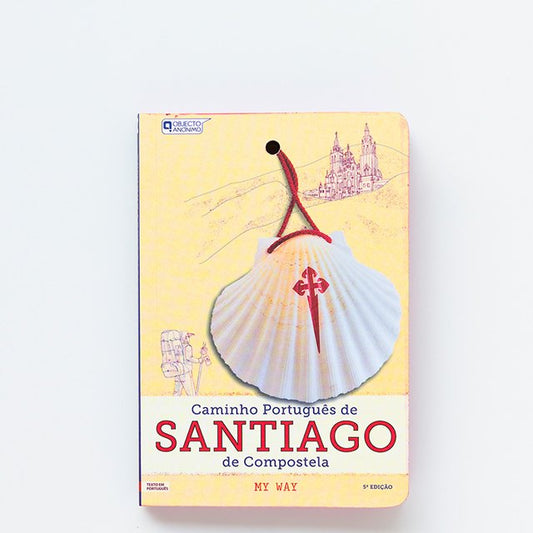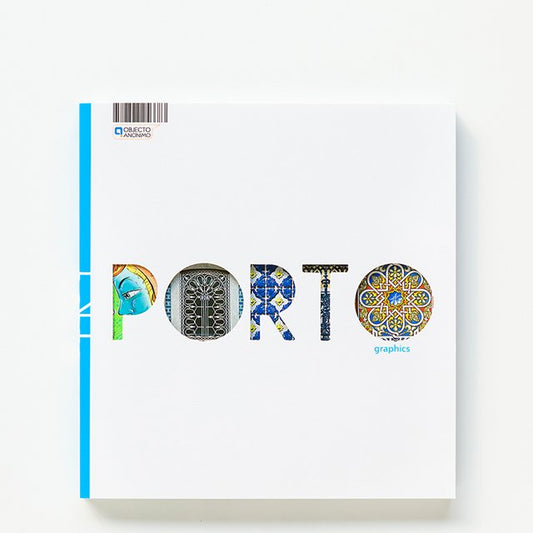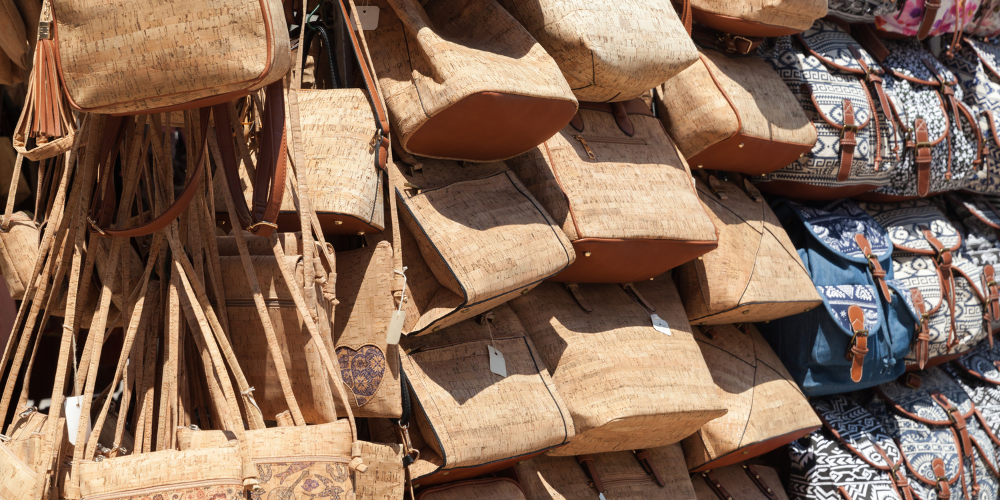
The Popularity of Portuguese Cork:
A Tale of Sustainability and Versatility
Introduction
Portugal, a country known for its rich history, beautiful landscapes, and delicious cuisine, is also the world’s largest producer of cork. Accounting for over 50% of the global production, this incredible material plays a crucial role in various sectors of the national economy.
The Sustainability of Portuguese Cork
One of the most remarkable aspects of Portuguese cork is its sustainability. The cork oak trees are self-sustaining and can regenerate their foliage without needing fertilizer, pesticides, water, or pruning. In Portugal, cork oaks’ above- and below-ground biomass stores 17,500 tons of carbon5. After the bark is taken off, the tree can take in up to five times more carbon dioxide than usual to help the process of recovery.
The cork tree is a truly remarkable tree species due to its continuous self-regenerating properties and environmental benefits. Its natural longevity allows it to produce high-quality cork sustainably without compromising fauna and flora that surrounds it. The cork bark (the outer skin layer of the tree) can be extracted without causing any harm to the tree. Nothing is considered waste when it comes to the cork tree: it’s fruit, leaves, and natural acids, all play a part in guaranteeing a sustainable eco system for the surrounding areas.
The Versatility of Portuguese Cork
Cork is a light, elastic, waterproof, hypoallergenic, odourless, friction-resistant, biodegradable and soft to the touch, raw material. It is also an excellent thermal and acoustic insulator. These characteristics make it easy to work with, not to mention it is recyclable and reusable, which is why it has a wide range of applications.
In the wine industry, it’s used for corks, ensuring proper sealing and aging of wine. In construction, cork serves as thermal and acoustic insulation and as wall and floor covering. In furniture production, cork is employed not only for its aesthetic appeal but also due to its natural touch. In interior design and fashion, cork is widely used in items like bags, shoes, hats, and accessories, garnering popularity for its sustainable appearance. But cork’s utility doesn’t stop there. It’s used in sports and leisure, craftsmanship, toys, and even architectural projects. Its versatility is undoubtedly a key factor contributing to its extensive usage in different domains.
Conclusion
Cork stands as a natural resource of immense value for Portugal, not only economically but also environmentally and culturally. Its sustainable production and versatility make it a unique material admired worldwide. Cork is truly a Portuguese heritage, cherished and valued from one generation to the next, playing an increasingly significant role both in our tradition and in our people’s economy.

